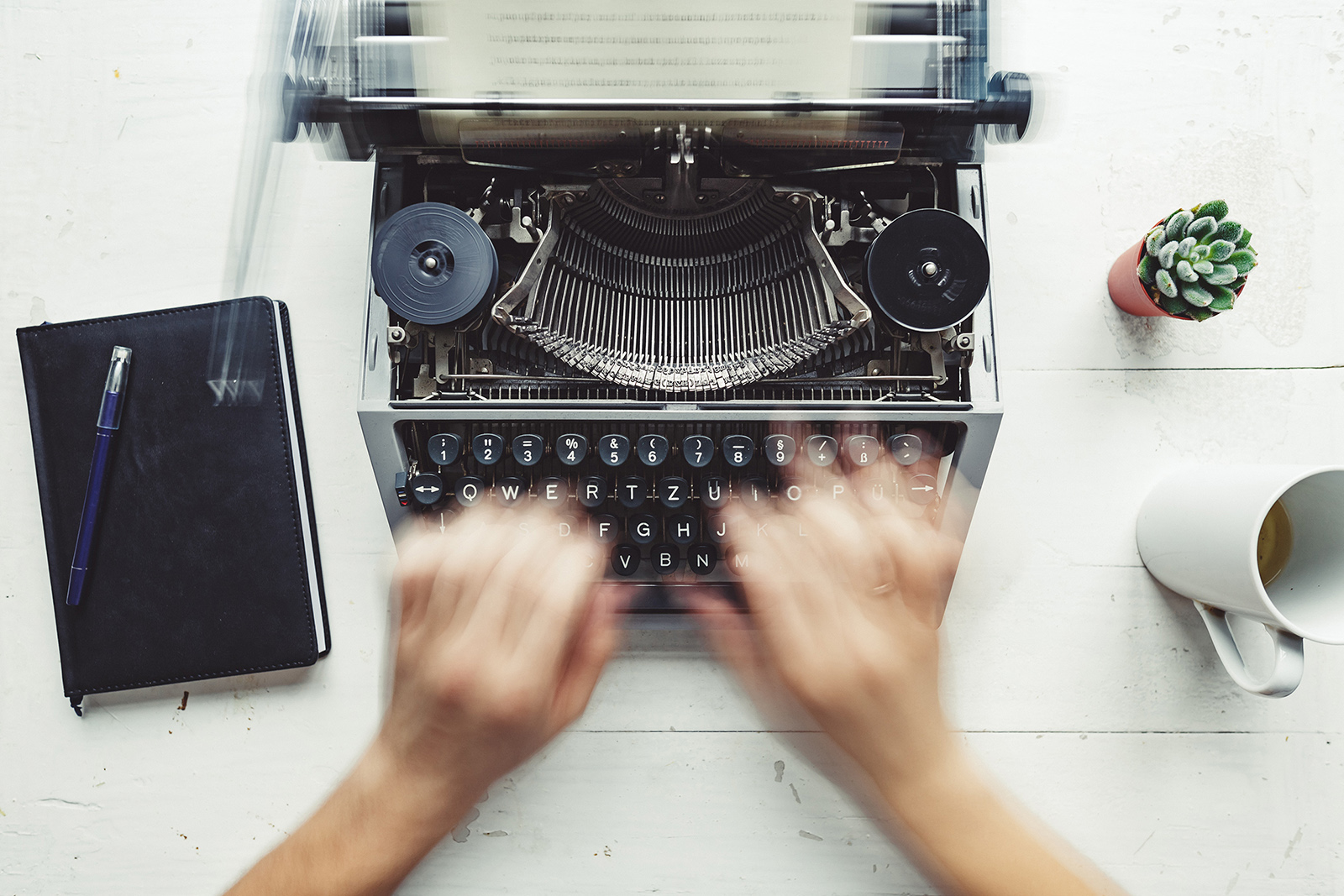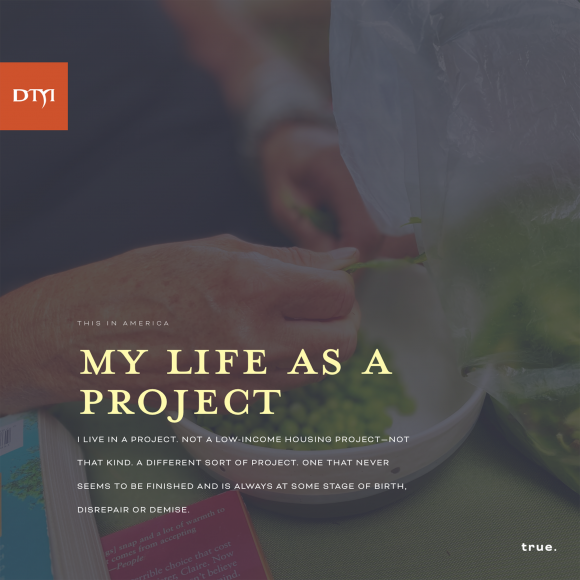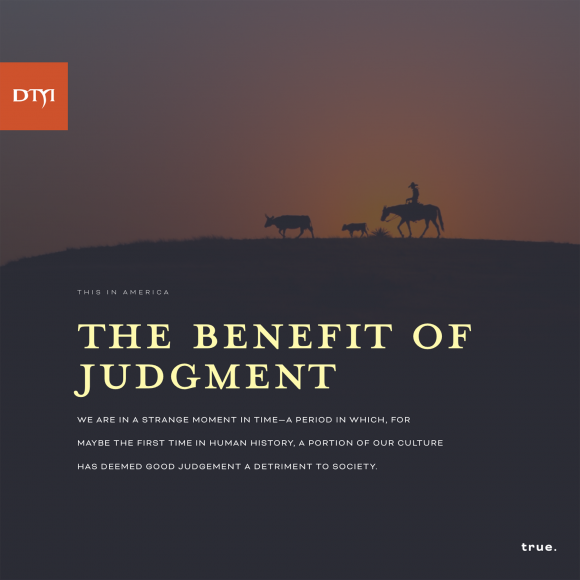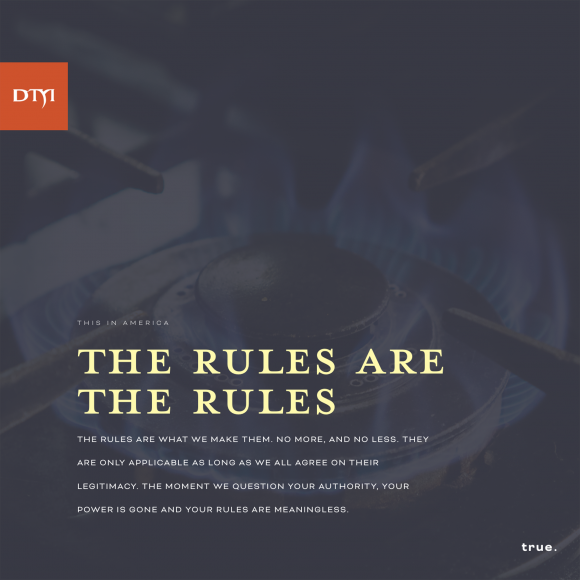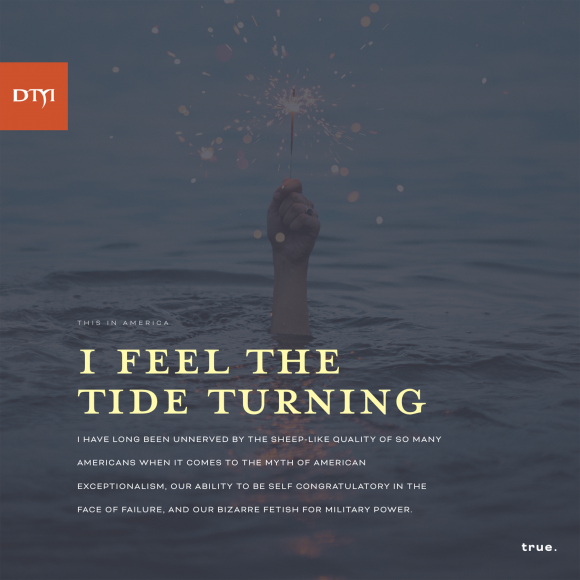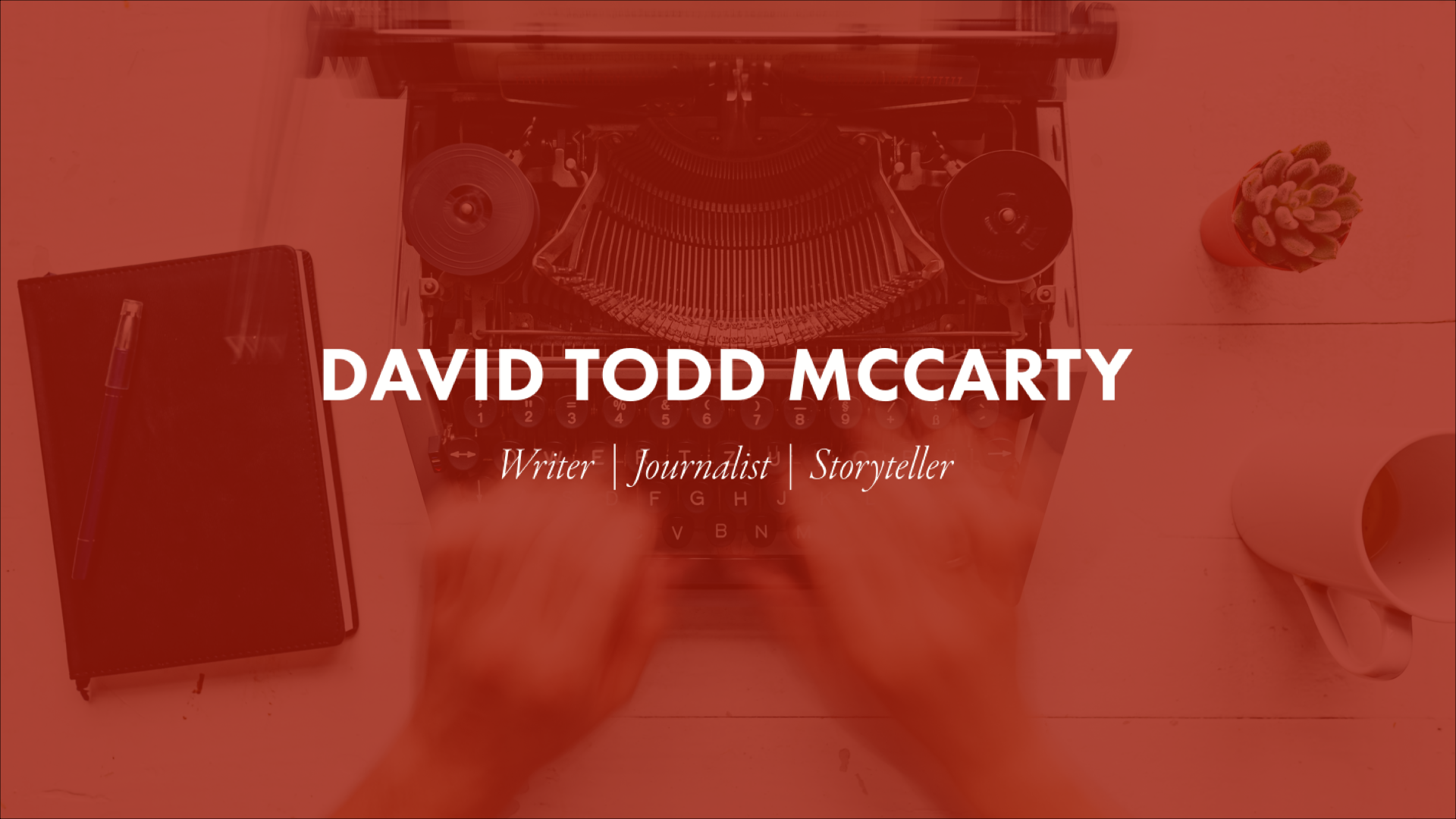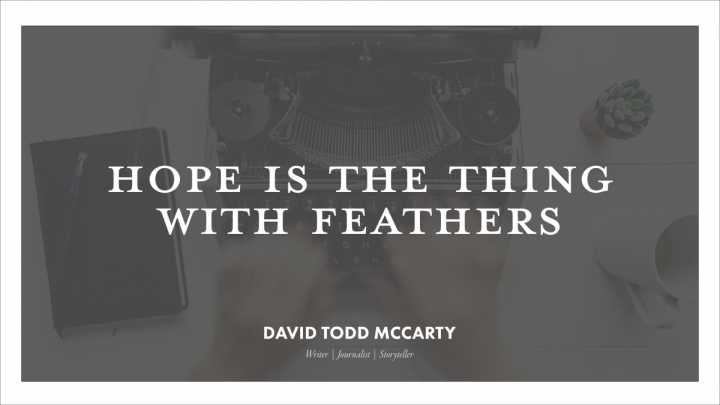
There is a downside to allowing your world to grow small, but it’s not what you think it is. You can maintain a limited existence even while searching far and wide. You can explore the world while living inside a prison cell that measures eight inches across from ear to ear. You can find yourself alone, surrounded by people, or overwhelmed by stimuli, sitting still in the dark. I myself am a romantic. But not a hopeless one, and it is hope that has turned out to be the problem for me.
“I’ve been tearing around
in my fucking nightgown
24/7 Sylvia Plath
Writing in blood on my walls
Cause the ink in my pen
don’t work in my notepad
Don’t ask if I’m happy,
you know that I’m not
But at best, I can say I’m not sad
Cause hope is a dangerous thing
for a woman like me to have
Hope is a dangerous thing
for a woman like me to have”
Lana Del Ray
Hope is the thing with feathers, the poem says, but hope has a dark side also. You are what you believe, and this is a hard thing to accept. Not just about ourselves, but about others as well. It is why it is so hard to get people to change who they are, just as it is difficult to get them to change what they believe. You cannot do one without the other. As it has been said, “The body cannot live without the mind.”
People think being a romantic is some sort of poetic existence filled with casual dalliances or sentimental passions rather than the disappointing reality that it is. The phrase we commonly associate with the romantic is that of the hopeless variety. This class of romantic inherently implies a sense of uncritical acceptance or even detached surrender. An idiot savant of the heart if you will—too compartmentalized to recognize the incomplete nature of the missing piece.
But if you are of the practical varietal, with an unfortunate propensity for romantic notions, you are cursed to live a life of the perpetually disappointed. This is the part they don’t make comedies about or turn into pithy greeting cards. That of the hopeful romantic.
There was a time perhaps, when I had friends close enough to share the intimate details of my life with, but they are mostly dead now, taken too young from drugs and depression, and I have grown too old to make new ones. I am not saddened by this as much as some might think, as I have grown comfortable with myself in ways it would be hard to imagine others being. It’s not all roses of course, but I know how to navigate the thorns.
Bob Marley said that everyone will break your heart, but that the secret to friendship was finding the ones who were worth breaking it over. There is something to this to be sure, but as we age, we are more comfortable in where we are, and therefore less likely to reach out. We are no longer looking for acceptance in the eyes of others, as hopefully we have learned to find it within ourselves. This is a good thing, but it also invites seclusion which has its own muddy waters.
“The truth is, everyone is going to hurt you. You’ve just got to find the ones worth suffering for.”
Bob Marley
I no longer seek out individuals for acceptance, finding it easier to do without. But I still desire affirmation, like most animals with a shred of humanity, but I seek it instead from an occupational distance. Like Groucho, I do not want to be part of a club who would have me and cannot bear to accept the praise of someone whose criticism I would readily scorn. It may be absurd bit of logic, but in my twisted brain, it amounts to an honest approach to creating things with abandon.
Most of the creative types, artists and makers I know are little more than functional children. We have been given the keys to the car, but we aren’t meant to be in charge of the castle. Most are idiot savants, with gifts few understand, but incapable of tying their shoes or maintaining reasonable relationships. I count myself among them, but I may be a better fake than most.
This is the real downside of allowing your world to get small. Not that you are cut off from humanity and therefore grow too insular, which is what most people imagine. No, it’s that but you begin to forget how the other people act and so loose touch with how to act normal. You don’t become a distorted version of yourself, as some might believe. You simply shed the artifice of socialization, and become a more primitive version of your socialized self. Possibly a more real version.
The question of whether this is a good thing or not comes down to how you feel about society in general. I myself have not seen much evidence that our current version is much to be proud of, so reverting back to a more primitive version of myself, without the small talk, artificial pleasantries and social customs, seems entirely natural and authentic.
Hope is a dangerous thing, Red tells Andy in Stephen King’s Rita Hayworth And The Shawshank Redemption. Lana Del Rey sings that hope is a dangerous thing for a woman like her to have. Hope is a dangerous thing. I’m not suggesting its bad, only that it is dangerous.
If you’re a pragmatic type, who walks through life with little expectations, who takes the good with the bad, never getting too high or too low, then hope is just another emotion. But if you’re a dreamer, one who imagines what life could be, but is not, then hope has an edge that can cut both ways.
The Israelites were rumored to have wandered the desert for forty years, ostensibly as punishment for questioning God’s divine purpose for them. This was certainly long enough for people to have died, and others to have been born. In fact, it’s long enough to have come and gone, experiencing both birth and death, without ever having laid eyes on the Promised Land. Where was hope for that soul? Was the journey the point? It was in that story, but like those believe in the power of prayer, it only works out for some people. Sometimes your prayers are unanswered. Sometimes you get the opposite. People suffer and die horribly every day, and most of them don’t deserve it. But if you’re one who believes that the wages of sin are death, then I guess we all deserve it.
My world has grown small, and I’m not worse off for it, but my tolerance for the failures of modern culture have lessoned as my acceptance withdraws. Empathy is hope for others and the world is full of pain. Hope might be the thing with feathers, but all too often they are covered in the blood of innocents.
We plead for the songs of angels but hear instead the voices of George Floyd crying for his mother. We read Anne Frank’s hopeful belief that people are actually good at heart, and only imagine the cries as they were led to their deaths.
In this small place and time, hope is not for the faint of heart. Sometimes it is too much to ask to believe that things will get better. When will that be? For whom will it be?
But there is still hope, as there must be if you ever aspire to create. Creative people dream of things that do not exist, and we have faith that inspiration will come. My faith in my fellow man has been diminished, as my faith in God has been laid low by those who claim to speak for Him. My faith in democracy has been shattered by the realization that we were sold a dream to keep us quiet and there never was a promised land for us. The American Dream was a con. Our history a lie.
So I have only myself and I can barely trust the unreliable nature of my own inconsistencies. But tomorrow I will drag myself out of bed, make coffee and hope the sun comes out. I will grab my journal and my camera, and I will go out into the world and see what I can see, and dream what I can dream, and trust that I might be surprised by what I find, and not merely disappointed by the cruelty. There are things that have the power to lift us to the light, and feathers or not, they inspire us to do great things or die trying. Sometimes it’s a whisper of an idea, or the glimmer of a free spirit. But mostly its the aching of humanity to make it one more day. That ache kills me, but occasionally I find the effort beautiful, and that is what I look for.
That is my hope.

